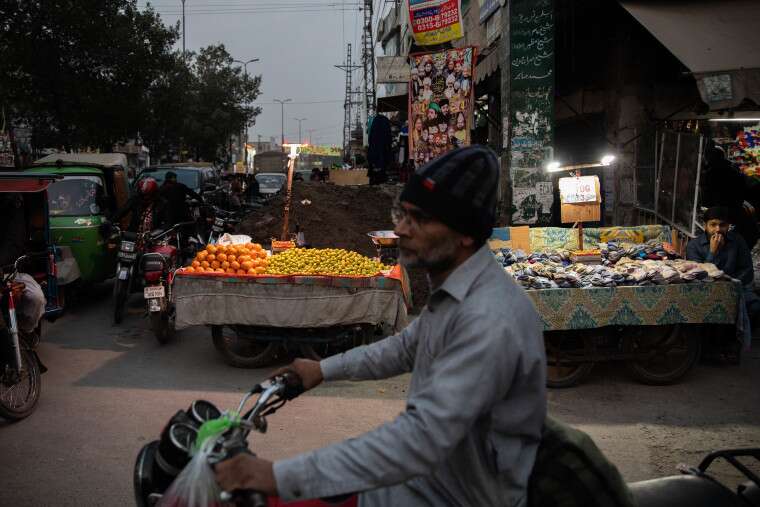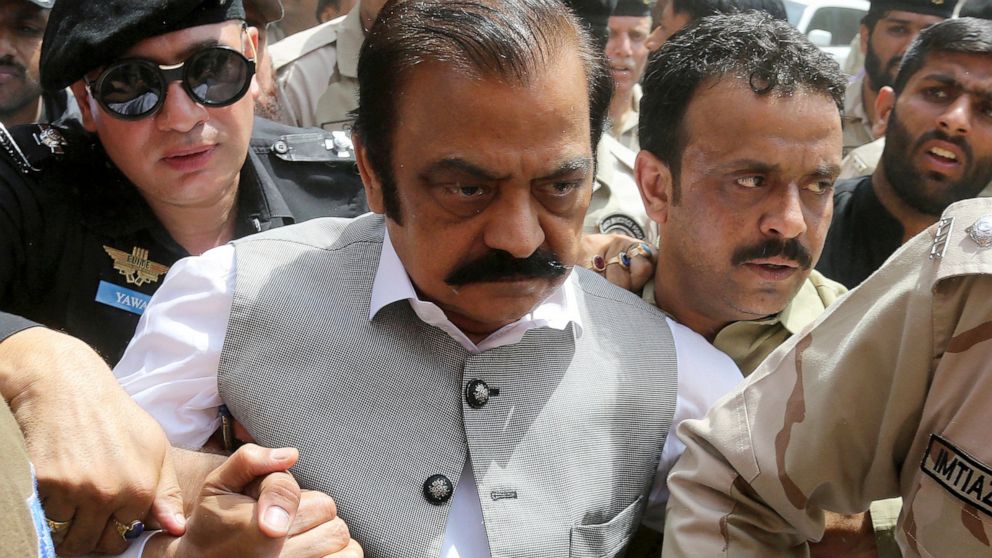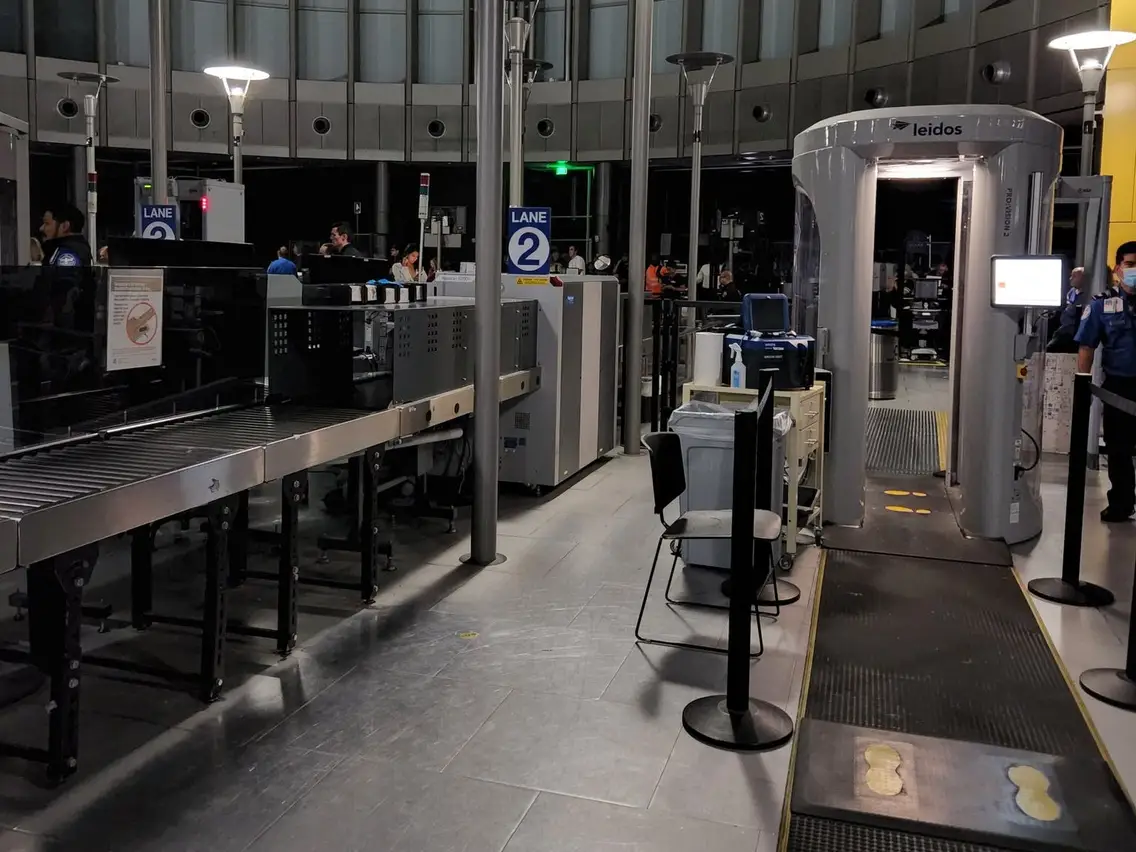Pakistan‘s energy minister blamed the worst power outage in months on a lack of network investment on Tuesday, saying the aid-dependent country had “learned lessons” from the breakdown that left millions without power.
The power network, like much of the country’s infrastructure, is in desperate need of an upgrade, but funding has been patchy as Pakistan has bounced from one IMF bailout to the next. The outage, which started on Monday morning, was the second major outage since October.
“We learned from yesterday that we need to invest in the distribution system,” Energy Minister Khurram Dastgir told reporters as he announced that power had been restored to the nearly 220 million-person nation.
“There hasn’t been any investment in improving these systems from the previous government,” he said.
In the last two decades, the International Monetary Fund has bailed out Pakistan five times. Its most recent bailout tranche, however, is stalled due to disagreements with the government over a program review that was supposed to be completed in November.
Pakistan has a sufficient installed capacity to meet demand, but the sector is so in debt that it cannot afford to invest in infrastructure and power lines. According to analysts, transmission and distribution are the weakest links.
China has made investments in its power sector as part of a $60 billion infrastructure plan that feeds into its “Belt and Road” initiative, but the specifics of these investments are unknown.
Dastgir stated that the cause of the outage was unknown, but that the ministry was conducting a network safety audit. “The government plans to add more power distribution lines within the next 36 months,” he added.
Millions of Pakistanis face partial blackouts almost every day, including planned “load shedding” power outages to conserve electricity.
Many people cope with these disruptions by investing in generators and solar panels to generate their own power, but the ageing infrastructure also has an impact.
“We can’t do anything without electricity,” said Sara Khan, principal of a girls’ school in Jacobabad, a southern city that frequently goes without power for up to 18 hours a day. “The people are facing too many difficulties because of the power cuts.”




